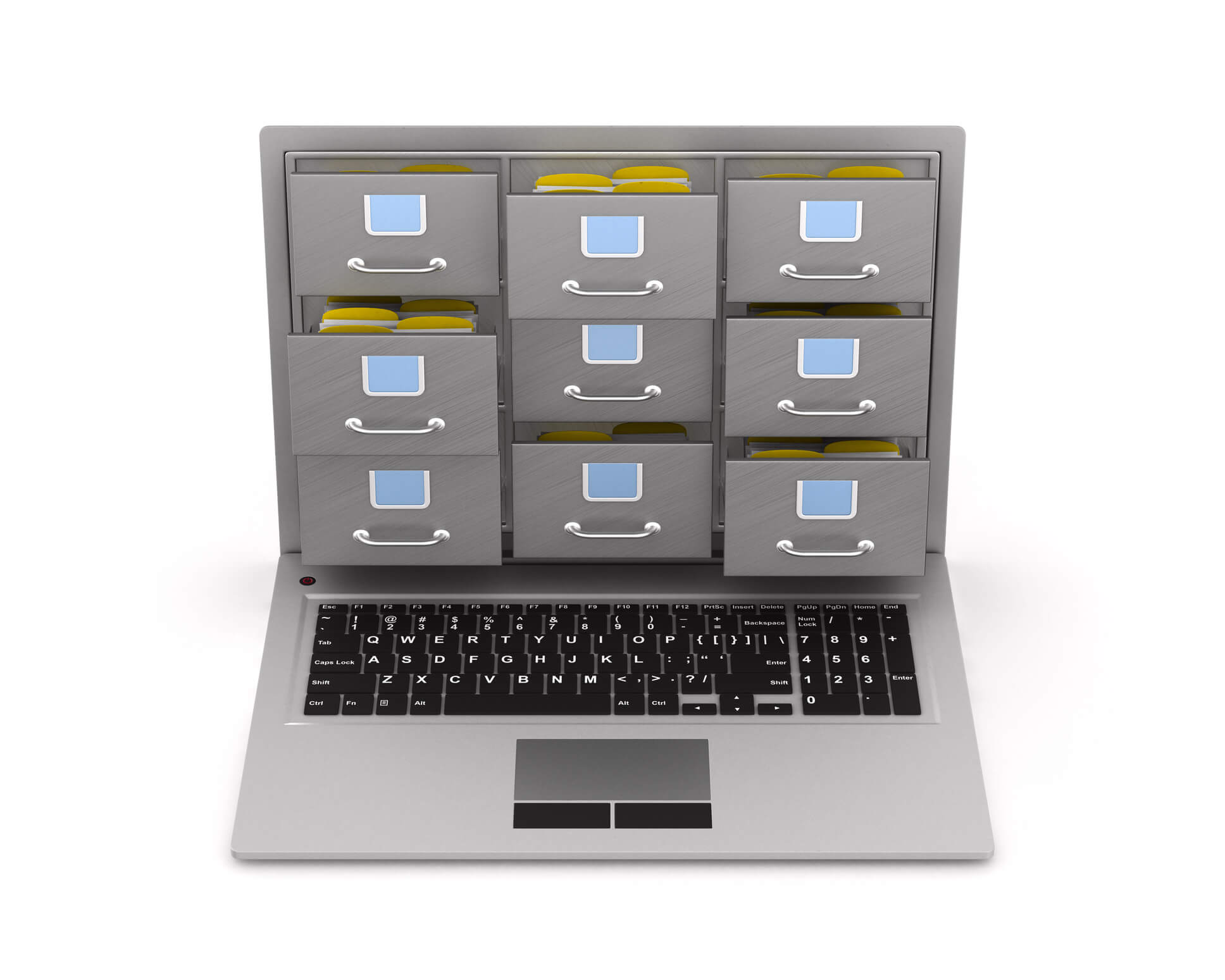I’ll share some administrative document organization recommendations with you in this essay. It is an efficient article on arranging your administrative records, aimed at experts and for people.
I am now at your disposal to put everything in place.
How to start well?
To begin, you should be aware that I frequently use workbooks.
Indeed, the binder has an undeniably practical side: we can customize the divisions to our needs, remove or add pages, pockets, and dividers as needed, and quickly locate what we’re looking for. Without causing the rest of the workbook to become disorganized.

As you can see, even my handbag notepad is a little binder (with mini divisions, mini plastic pockets, and so on).
Furthermore, given the dematerialization of most of our documents, you can apply this classification to your computer in the same way (or cloud or external hard drive). Substitute “folder” for “workbook.”
After you’ve recycled the documents you don’t need any more, you may begin organizing the ones you still have.
Here is a possible classification for personal (non-professional) administrative documents:
A Bank workbook containing:
- Bank details
- Account statements
- Contracts
- Loans
A Tax workbook containing:
- Income tax
- Property tax
- Housing tax
Of course, you can put BANK and TAXES in the same workbook to save space.
A Home binder containing:
- Deed of ownership or Lease/receipts + charges + maintenance invoices
- Energy (electricity / gas / water)
- Telephone
- Invoices and guarantees to keep
- Vehicle
- Health (health records, prescriptions to keep, etc.)
A Family workbook:
- Everything concerning the Family (family book, birth certificates, copy of identity card or passport, etc.)
- Everything related to schooling (report cards, etc.)
- CIF
- Social Security
An insurance workbook:
- Car insurance
- Home Insurance
- Various insurance
- Mutual
- Complementary pension
A Workbook:
- Employment contract
- Payslips
- employment center
- Statement of situation
- Updates
- Retirement

- Home/family/insurance
- Bank
- Taxes
I have a professional filing cabinet for my little business, where I keep all the documentation (divided with dividers, of course).
If I had additional storage capacity, I would do things according to my earlier list.
After that, if you know you won’t require these papers soon, you can archive the previous year each year.
When it comes to archiving, don’t be afraid to recycle any papers that you don’t need to save. It is a storage that you can adapt to your administrative documents.
It will depend on each structure for professional administrative paperwork.
Because it will depend on the furniture and supplies you already have and your preferences, I can accompany you through this process.
As a result, here’s how I structure my work:
A Bank workbook containing:
- Bank details
- Account statements
- Contracts
- Loans
A Tax workbook containing:
- Income tax
- Property tax
- Sign tax
- Law of terraces
In short, all the taxes and duties that concern your business.
An insurance workbook:
- Professional car insurance
- Premises insurance
- Professional civil liability insurance
- Various insurance
- Manager’s Mutual
- Complementary pension
- One (or more) Purchasing binder(s) containing all your purchase invoices classified by month (monthly dividers)

- One (or more) Sales binder(s) containing all your sales invoices classified by month (be careful, sales invoices must be numbered chronologically)
A binder for the Social (employees) containing a divider per employee (employment contract, payslips, work stoppages, occupational medicine, mutual insurance).
If you’re using hanging folders, I recommend keeping each theme to one level of folders (or drawer):
- The company’s walls, the manager, and the entity (legal documents, insurance, taxes, etc.)
- Personnel-related documents
- Everything you need to know about accounting
To save time searching for papers, it’s advisable to keep everything related to the current financial year in filing cabinets and easily accessible, and then archive everything by storing it by financial year once the balance sheet has been prepared.
I’m done with this first 100% practical-practical article.
I hope you enjoyed the advice given in this article and that it helps you see more clearly the way you organize your files.
 About Complete Controller® – America’s Bookkeeping Experts Complete Controller is the Nation’s Leader in virtual bookkeeping, providing service to businesses and households alike. Utilizing Complete Controller’s technology, clients gain access to a cloud platform where their QuickBooks™️ file, critical financial documents, and back-office tools are hosted in an efficient SSO environment. Complete Controller’s team of certified US-based accounting professionals provide bookkeeping, record storage, performance reporting, and controller services including training, cash-flow management, budgeting and forecasting, process and controls advisement, and bill-pay. With flat-rate service plans, Complete Controller is the most cost-effective expert accounting solution for business, family-office, trusts, and households of any size or complexity.
About Complete Controller® – America’s Bookkeeping Experts Complete Controller is the Nation’s Leader in virtual bookkeeping, providing service to businesses and households alike. Utilizing Complete Controller’s technology, clients gain access to a cloud platform where their QuickBooks™️ file, critical financial documents, and back-office tools are hosted in an efficient SSO environment. Complete Controller’s team of certified US-based accounting professionals provide bookkeeping, record storage, performance reporting, and controller services including training, cash-flow management, budgeting and forecasting, process and controls advisement, and bill-pay. With flat-rate service plans, Complete Controller is the most cost-effective expert accounting solution for business, family-office, trusts, and households of any size or complexity.




